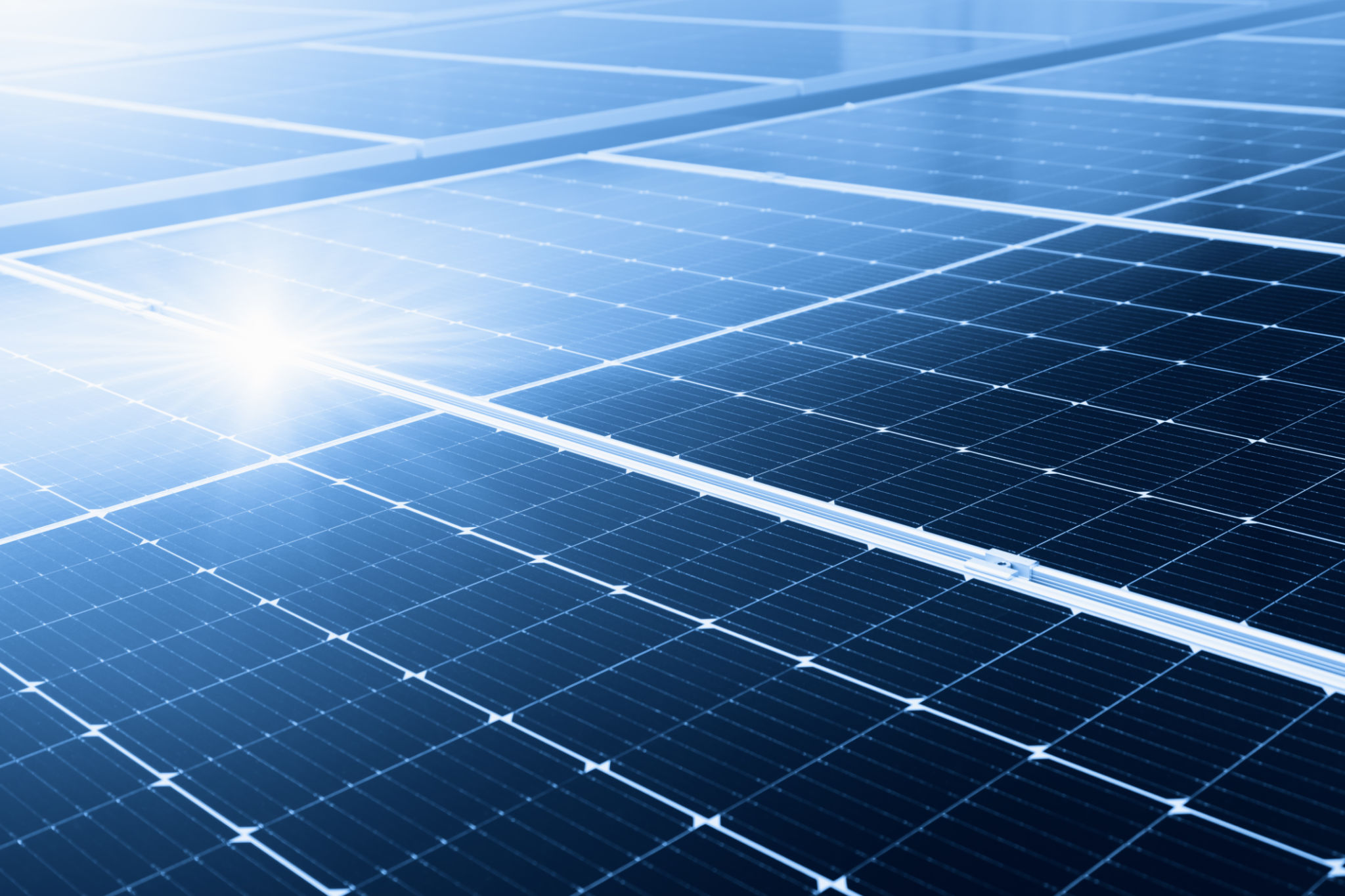Step-by-Step: How to Prepare Your Home for Solar Installation
Assess Your Energy Needs
Before you start preparing your home for solar installation, it's crucial to assess your current energy consumption. Understanding your energy needs will help you determine the right size and type of solar system for your home. Begin by reviewing your past electricity bills to get an idea of your monthly and yearly energy usage.
Consider how your energy needs might change in the future. If you're planning to add new appliances or expand your home, you may want to account for increased energy consumption. Consulting with a solar energy expert can provide valuable insights into the most efficient system for your needs.

Evaluate Your Roof's Condition
Your roof is an integral part of the solar installation process. Before installation, ensure that your roof is in good condition and capable of supporting solar panels. Check for any damage, such as missing shingles, leaks, or structural issues. If necessary, make repairs beforehand to avoid complications during installation.
Consider the age and material of your roof as well. Solar panels can last 25 years or more, so it's advisable that your roof has a similar lifespan. If your roof is due for replacement soon, it may be wise to address this before installing solar panels.
Determine the Best Location for Panels
The location of your solar panels significantly affects their efficiency. Ideally, panels should be installed where they receive maximum sunlight throughout the day, typically on a south-facing roof in the Northern Hemisphere. However, east or west-facing roofs can also work depending on your location.

Consider potential shading issues from trees, neighboring buildings, or other structures. Trim or remove any obstructions that could cast shadows on your panels. A professional site assessment can help identify the optimal placement for maximum solar gain.
Check Local Regulations and Permits
Installing solar panels involves various regulations and permits that vary by location. Contact your local government or building authority to understand the requirements in your area. This may include zoning restrictions, building permits, and specific installation guidelines.
Working with a reputable solar installer can simplify this process as they are typically familiar with local regulations and can assist with obtaining necessary permits. Ensuring compliance with all legal requirements is essential to avoid future legal and financial issues.
Choose the Right Solar Installer
Selecting a qualified and experienced solar installer is crucial for a successful installation. Research potential companies by checking reviews, asking for recommendations, and verifying credentials. Look for certifications from recognized industry organizations such as the North American Board of Certified Energy Practitioners (NABCEP).

A good installer will not only perform the installation efficiently but also provide guidance on system selection, maintenance, and performance monitoring. Make sure to get multiple quotes and understand the terms of service before making a decision.
Prepare Your Home for Installation Day
On installation day, ensure that your home is ready for the arrival of the installation team. Clear any obstacles around access points like driveways or walkways to facilitate easy movement of equipment and personnel.
Communicate with the installation team about any specific instructions or preferences you have regarding the setup process. Being prepared ahead of time can help ensure a smooth and efficient installation experience.
Plan for Ongoing Maintenance
Once your solar panels are installed, it's important to plan for their ongoing maintenance to ensure optimal performance. Regularly clean the panels to remove debris and dirt that can reduce efficiency. Monitor the system's performance through any provided software or app to catch issues early.

Your installer may offer maintenance services or provide guidance on how to perform basic upkeep tasks yourself. Staying proactive with maintenance will help extend the lifespan of your system and maximize your return on investment.
Enjoy the Benefits of Solar Energy
With your solar panels installed and operational, you can start enjoying the benefits of renewable energy. Expect to see a reduction in your electricity bills and a decrease in your carbon footprint. Additionally, many areas offer incentives or rebates for solar energy users, which can further enhance the financial benefits.
Embrace this step towards sustainability and consider sharing your experience with others interested in making the transition to solar energy. Your journey can inspire others to explore renewable energy solutions for their homes.
